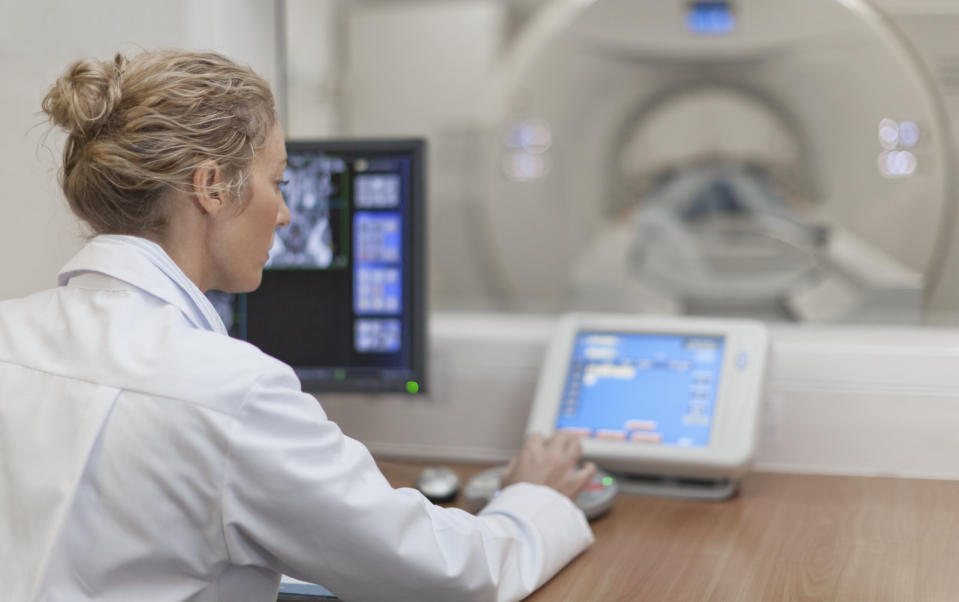Google trained its AI to predict lung cancer
It wants to make screenings more accessible and increase the rate of early detection.
Of all cancers worldwide, lung cancer is the deadliest. It takes more than 1.7 million lives per year -- more than breast, prostate and colorectal cancer combined. Part of the problem is that the majority of cancers aren't caught until later stages, when interventions tend to be less successful. Google is determined to change that, and with its new AI-based tool, it hopes to make lung cancer prediction more accurate and more accessible.
To screen for lung cancer, radiologists typically view hundreds of images from a single CT scan. With this new AI model, Google can generate an overall lung cancer malignancy prediction and identify subtle malignant tissue, or lung nodules, which are often difficult to see. The AI also factors in previous scans, which can help reveal the growth rate of suspicious tissue.
To test the model, Google asked its AI to examine 45,856 chest CT screens. It compared the results against six board-certified radiologists. In these first studies, Google's AI detected five percent more cancer cases than the radiologists. It also reduced false-positive exams by more than 11 percent.
The model needs additional clinical research and testing before it can be deployed, but Google says the initial results are encouraging. The company also notes that only two to four percent of eligible patients in the US are screened for lung cancer. Like its other AI-based disease detection tools, Google hopes this one might make early detection more accessible.


